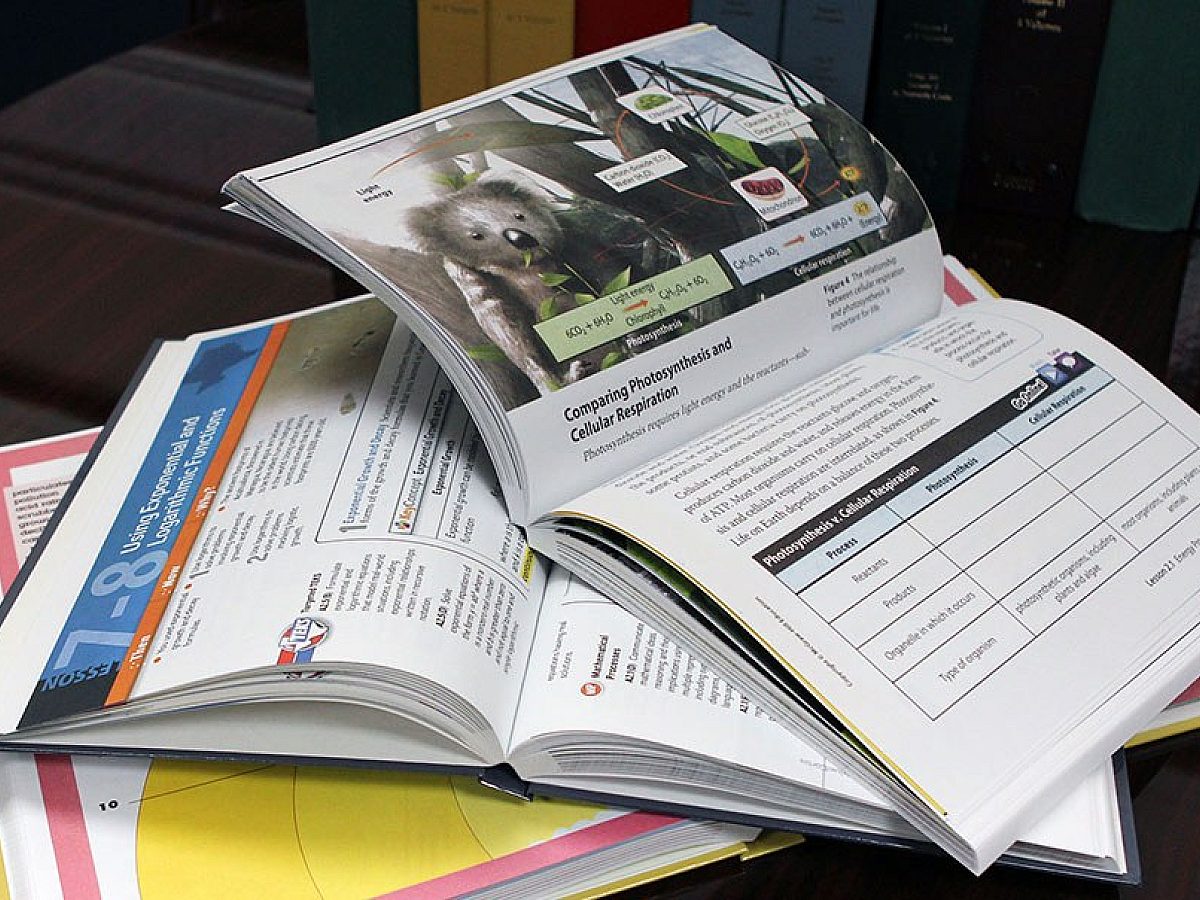𝘈𝘱𝘱𝘳𝘰𝘹 𝘳𝘦𝘢𝘥 𝘵𝘪𝘮𝘦: 3 𝘮𝘪𝘯𝘴🕒
The biotechnology industry has long been at the forefront of innovation, driving progress in healthcare, agriculture, and numerous other sectors.
Today, the modern biotechnology industry is indispensable in the development of procedures for the prevention, diagnosis, and treatment of various health conditions. These advancements are critical in ensuring that healthcare remains accessible and beneficial to all patients.
In essence, biotechnology is one of the primary reasons we live longer, healthier, and more secure lives. Through its ability to modify living organisms, biotech can 'hack' its way to a better quality of life. A prime example is the innovation of agricultural processes that can increase crop yields, helping to feed the world’s growing population.
As a result of biotechnology's role in life today, translation also plays its part. Translation becomes important in the industry because of the need for pinpoint accuracy. Incorrect documents risk huge consequences.
In this blog, we will cover:
- More details about translation in biotechnology
- Globalisation of the biotech industry
- And more
The biotechnology industry today
The global biotechnology industry continues to experience remarkable growth, and there are no signs of this slowing in the near future. In 2023, the global biotechnology market was worth $1,553,853.9 and it's projected to hit $3,879,508.3 in 2030.
Some key drivers behind this continued growth include the increasing demand for personalised medicine, the rising prevalence of diseases like cancer and diabetes, the need for sustainable food production, and the expanding reach of biotechnology in emerging markets.
Additionally, there is a surge in global demand for agricultural solutions that address climate change and food security concerns, particularly in regions like India, China, and Africa.
Globalisation of the biotech industry: A changing landscape for clinical trials
Clinical trials are pivotal to biotechnology innovation, and the way these trials are being conducted is fundamentally reshaping the industry.
As noted by Grand View Research Inc., "the geographical distribution of clinical trials continues to shift, with more trials being conducted in emerging countries […]"
"Globalisation has prompted increased investment in new product development in emerging countries, positively impacting the biotechnology market."
Factors like rising trial costs, difficulty recruiting patients in developed nations, and the need for faster, more efficient trials have driven companies to seek new regions for clinical studies.
Countries in Central and Eastern Europe, Asia Pacific, Latin America, and the Middle East offer substantial cost efficiencies and quicker patient recruitment. These regions are increasingly becoming the focus of clinical trials, often offering high-quality data collection and advanced healthcare facilities.
This globalisation of clinical trials is indicative of a broader trend: biotechnology research, product development, and manufacturing are increasingly being conducted on an international scale.
"Globalisation has prompted increased investment in new product development in emerging countries, positively impacting the biotechnology market."
The importance of translation in biotechnology
With the growing internationalisation of clinical trials and biotechnology research, accurate translation has never been more important. This is particularly true in the fields of research, manufacturing, and clinical trials conducted in overseas locations.
Much like the legal and financial sectors, biotechnology relies heavily on precise language in key documents such as contracts, patents, Informed Consent Forms (ICF), Patient Information Leaflets (PIL), health and safety protocols, and drug labelling. Any inaccuracies or misunderstandings in translation could have severe consequences.
For example, misinterpreting or omitting critical information about potential drug side effects could undermine the validity of patient consent in a clinical trial, risking both the reputation of the company and the safety of participants.
The consequences of mistranslation in biotechnology can be dire. Ensuring that all documents and communications are translated accurately is therefore essential for maintaining safety, compliance, and the overall success of biotech projects.
Professional translation services have become a vital component of the biotechnology sector. Given the complexity of the field, healthcare and pharmaceutical translation requires expertise in both the terminology and the technicalities of the subject matter. A professional language service provider with experience in biotechnology can ensure that communication remains clear, precise, and legally compliant across borders.
Conclusion
By partnering with a reputable language services company with experience in the biotech industry, you can safeguard the integrity of your research projects and ensure that every document is accurately translated and understood.
Contact us today for a free consultation with our professional, friendly team and discover how Wolfestone can support your biotechnology venture.
𝘒𝘦𝘪𝘳𝘢𝘯 𝘩𝘢𝘴 𝘣𝘦𝘦𝘯 𝘸𝘳𝘪𝘵𝘪𝘯𝘨 𝘢𝘣𝘰𝘶𝘵 𝘭𝘢𝘯𝘨𝘶𝘢𝘨𝘦 𝘴𝘰𝘭𝘶𝘵𝘪𝘰𝘯𝘴 𝘴𝘪𝘯𝘤𝘦 2021 𝘢𝘯𝘥 𝘪𝘴 𝘤𝘰𝘮𝘮𝘪𝘵𝘵𝘦𝘥 𝘵𝘰 𝘩𝘦𝘭𝘱𝘪𝘯𝘨 𝘣𝘳𝘢𝘯𝘥𝘴 𝘨𝘰 𝘨𝘭𝘰𝘣𝘢𝘭 𝘢𝘯𝘥 𝘮𝘢𝘳𝘬𝘦𝘵 𝘴𝘮𝘢𝘳𝘵. 𝘏𝘦 𝘪𝘴 𝘯𝘰𝘸 𝘵𝘩𝘦 𝘏𝘦𝘢𝘥 𝘰𝘧 𝘔𝘢𝘳𝘬𝘦𝘵𝘪𝘯𝘨 𝘢𝘯𝘥 𝘰𝘷𝘦𝘳𝘴𝘦𝘦𝘴 𝘢𝘭𝘭 𝘰𝘧 𝘰𝘶𝘳 𝘤𝘰𝘯𝘵𝘦𝘯𝘵 𝘵𝘰 𝘦𝘯𝘴𝘶𝘳𝘦 𝘸𝘦 𝘱𝘳𝘰𝘷𝘪𝘥𝘦 𝘷𝘢𝘭𝘶𝘢𝘣𝘭𝘦, 𝘶𝘴𝘦𝘧𝘶𝘭 𝘤𝘰𝘯𝘵𝘦𝘯𝘵 𝘵𝘰 𝘢𝘶𝘥𝘪𝘦𝘯𝘤𝘦𝘴.







